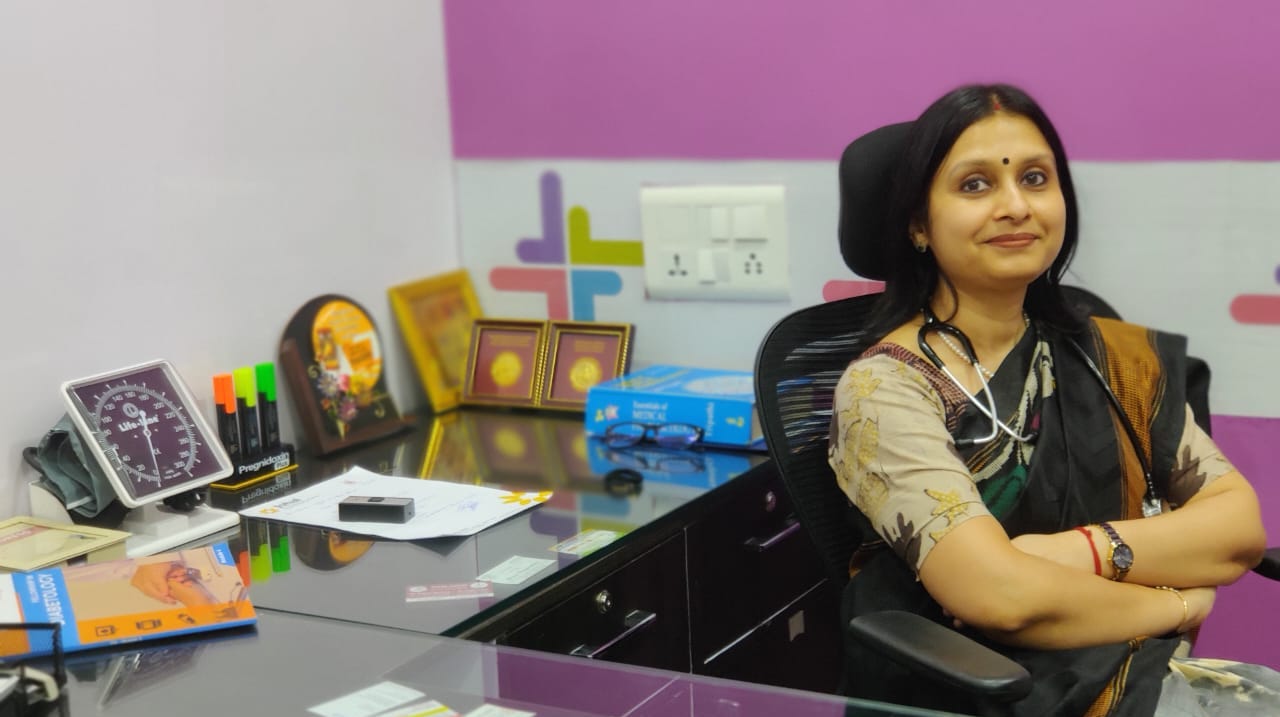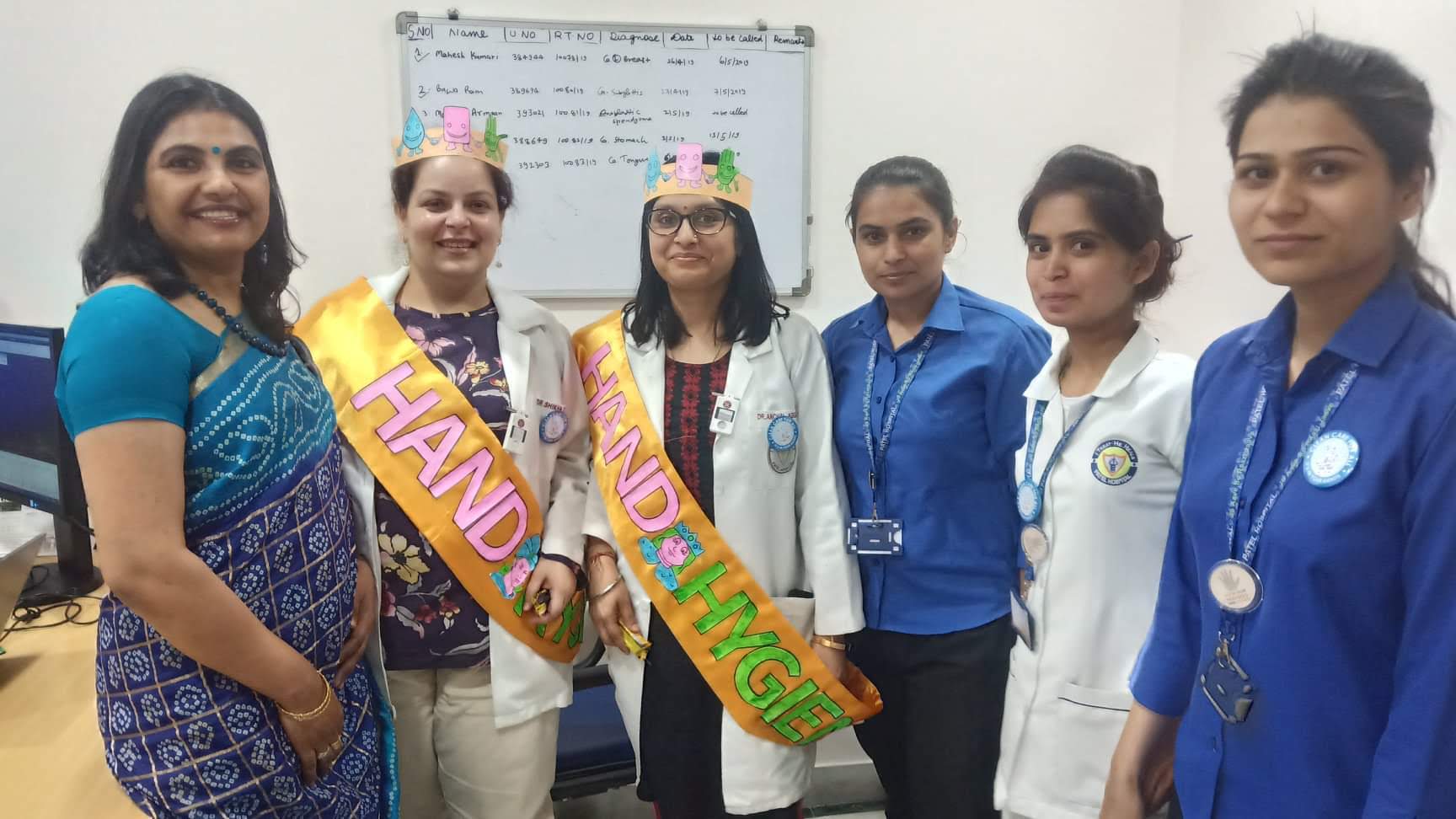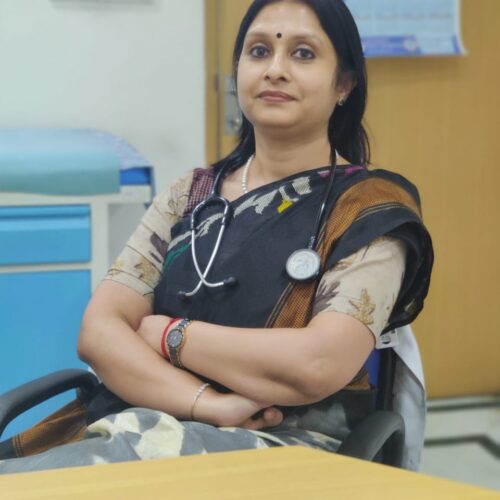Dr Anchal Aggarwal is one of the competent, dynamic and quality-oriented Clinical Oncologists and Radiation Oncologist in Punjab with more than 15 years of clinical experience in her field. She is currently associated with Varenya Healthcare, Jalandhar and working as a Senior Consultant, Radiation Oncology at Patel MultiSpeciality Hospital, Jalandhar (Punjab).

Rajesh Garg
Dr.Anchal is always available and ready to guide her valuable patients with right diagnosis and very effective and economic treatment. We are using her guidance without any delay as and when required.



